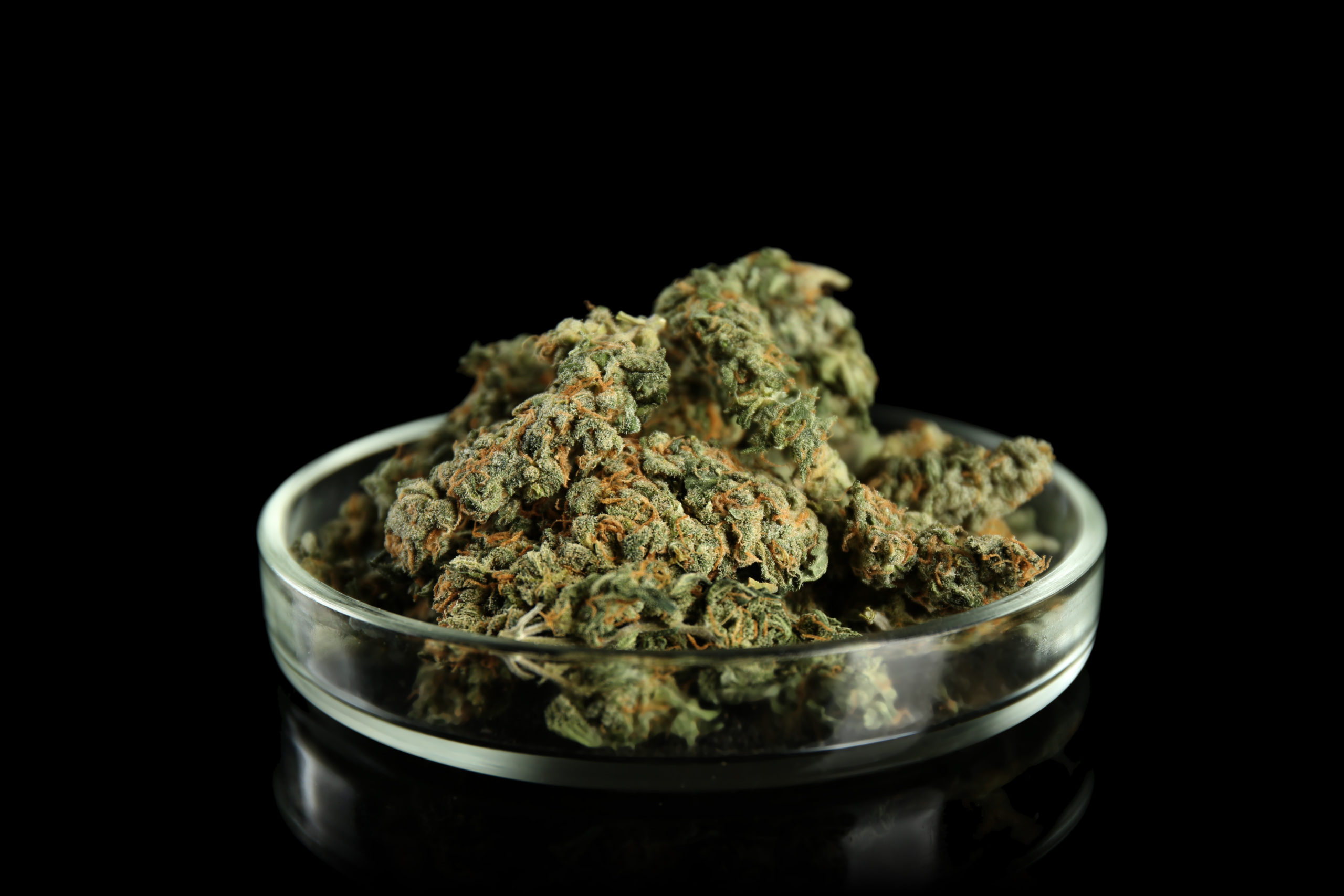Connect with us
Published
3 years agoon

We all have our own, one-of-a-kind endocannabinoid systems that predetermine our individual responses to cannabis. With that in mind, and the continuing wave of cannabis reform making its way through the country, companies are looking to hone in on at-home DNA test kits, giving consumers an opportunity for a better understanding of how cannabis and psychedelics might affect them.
Endocanna Health is one of these companies, selling their at-home saliva testing kits for $199, which look for 57 genetic traits that could influence a user’s response to cannabis to help them select the proper strain and dose. The company hopes to look at similar factors in the future for a range of psychotropic drugs
“Your DNA is your blueprint,” Len May, chief executive officer of the Burbank, CA-based startup, told Bloomberg. “It gives you a GPS that can guide you to an experience that is more optimal and helps you avoid sharp corners.”
Endocanna is one of several companies looking into this new market. Earlier this year, the Vancouver-based biotech company Entheon Biomedical Corp launched their at-home test kits in both Canada and the U.S. through its subsidiary, HaluGen Life Sciences Inc. The Psychedelics Genetic Test kit retails for $89 and gives users a genetic profile, along with published personalized reports for the consumers’ smartphones.
The test also gives users the opportunity to learn about their own potential sensitivity to classic psychedelics and serotonin response and genetic-based, mental health risk factors that can be affected by psychedelic use.
Another Canadian company, Toronto’s Lobo Genetics, debuted its own DNA testing kit back in 2019 for $59, which similarly determines an individual’s genetic profile and potential response to THC and other cannabinoids through a cheek swab.
The field of study is pharmacogenomics, or the branch of pharmacology looking at the genetic factors influencing drug reactions. With the increase in accessible cannabis across the United States, there are a number of new consumers who might have a negative response to high-potency cannabis.
Similar to cannabis, as psychoactive substances like psilocybin become part of the larger conversation surrounding therapies, with areas across the country beginning to soften penalties associated with possession, bad trips can often hinder someone’s experience or put them in harm’s way.
“That to me is disquieting, particularly in light of the cultural enthusiasm for legalization and decriminalization,” Roland Griffiths, director of the Center for Psychedelic & Consciousness Research at the university, told Bloomberg. “People trying them are not only seeking treatment but may be putting themselves or others at risk—even life-threatening risk.”
One Vancouver-based company, Entheon Biomedical Corp., is already selling a mail-order saliva test targeted specifically toward people considering psychedelics. It looks at five factors: a liver enzyme for ketamine metabolism, serotonin receptor variations to gauge “psychedelics sensitivity,” and three other factors that weigh “mental health risk” by analyzing genes believed to influence responses to THC and CBD.
According to Griffiths, it’s too early to know if a psychedelic treatment plan can be personalized to account for a person’s genes. “Right now within precision psychiatry, there aren’t even good genomic predictors of responses to most interventions. I’m not aware that there are any within psychedelics, either,” he said.
Though one drawback of the new model is the nature of DNA testing, which has led to alternatives, looking at how cannabis affects consumers via A.I. software.
Hamilton-based StrainBrain takes this alternative approach, using machine learning and millions of data points to match users with the cannabis strains that will work best for them, based on preferred taste, effects and potency.
Ottawa-based cannabis retailer Stash & Co incorporated this technology into their stores last year to help customers choose the best products at the moment.
“We are very excited to be the first retailer in Canada to offer A.I. budtending as a part of our retail operations,” Joe Glynn, the general manager of Stash & Co, said in a statement after the change. “With the increase in demand for online orders we are currently experiencing due to the recent spike in COVID cases in Canada, it is our aim to provide the same top-notch service online that we do in-store.”
As more research regarding cannabis and psychedelic pharmacogenomics continues, and the technology and market continue to grow, don’t be surprised if terms like “DNA testing” and “A.I. software” become increasingly embedded into the conversations surrounding drug reform.


German Authorities to Ban Cannabis Smoking, Vaping at Festivals Including Oktoberfest


Illinois Governor Cites Cannabis Reform While Campaigning for Biden


States With Legal Weed See Increase in College Applications


‘Star Wars’ Blue Milk Released from Multiple Brands Ahead of May the 4th


Stoners Still Gathered at Hippie Hill for 4/20 Celebration Despite Event Cancellation


Ohio Company Signs Deal To Grow Hemp for Bioplastic
